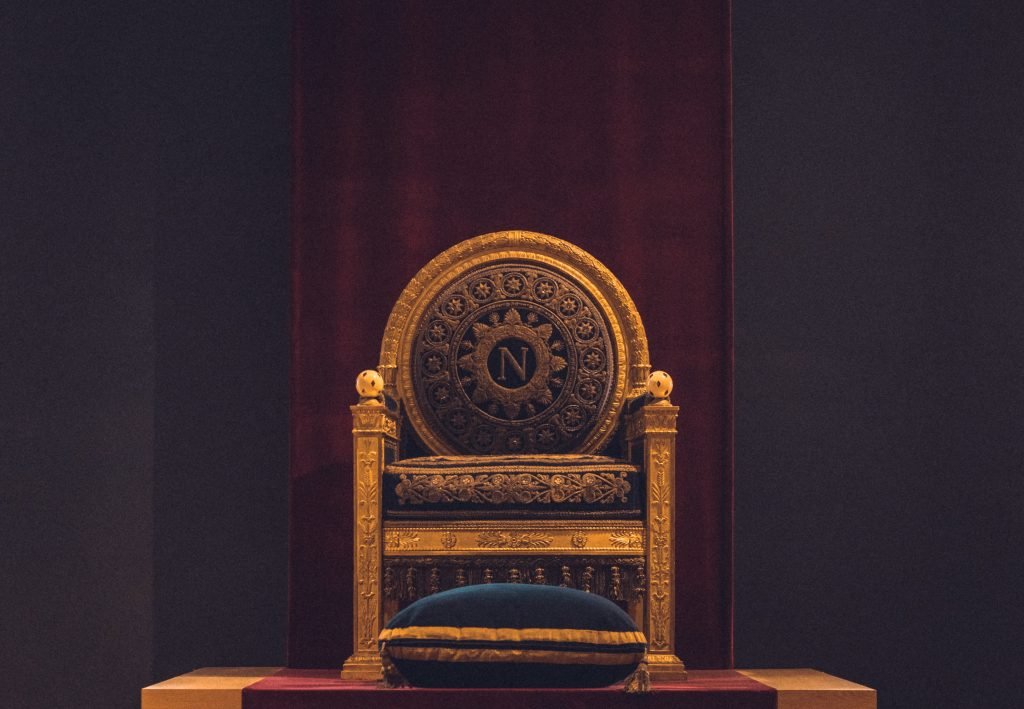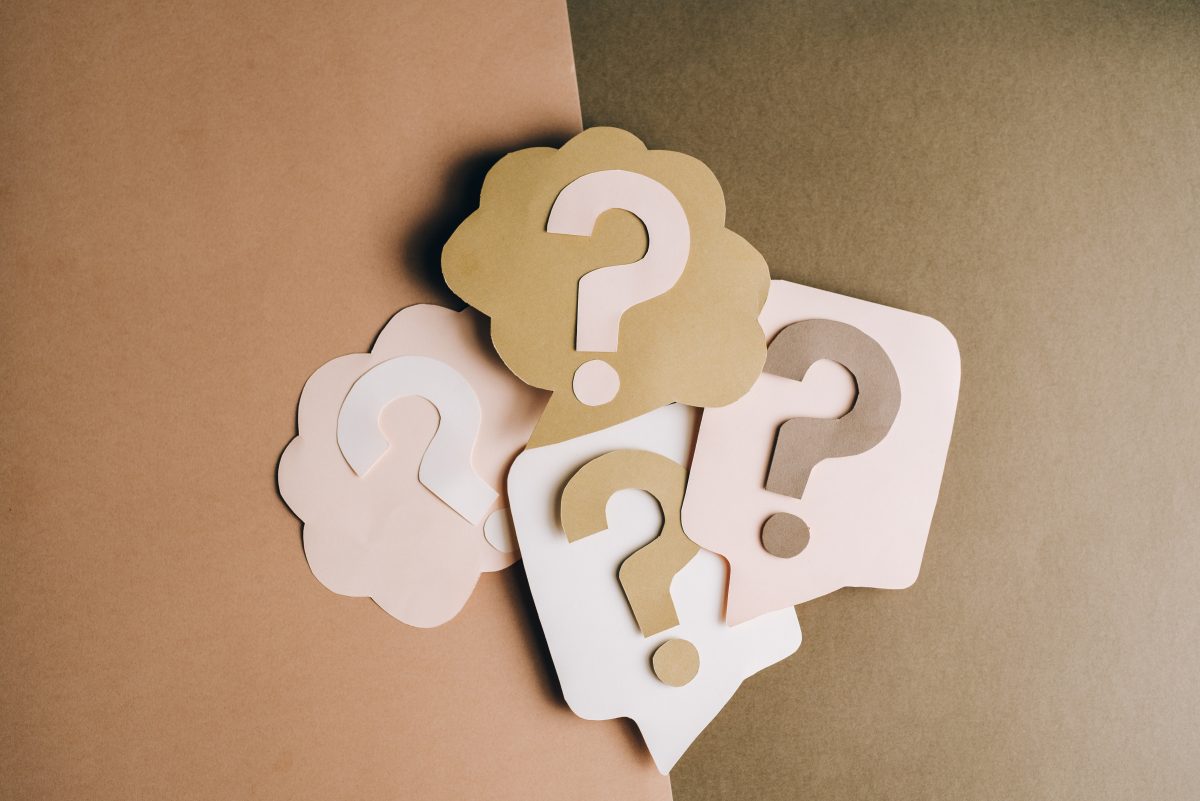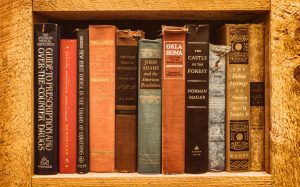Examinations for any age group or any class for that matter could be a pretty grueling task. Class 7 is no different with exams carrying as much anxiety with many subjects and their varying topics. To prepare for an exam it’s important to keep in mind not to keep any topic for last day’s preparation. Subjects should be smartly divided and proportionate time should be given to every subject, try making notes of whichever subject you read or study. Try doing practice exercises by yourself. This basic methodology will keep you ahead of the curve and no exam will seem like a burden.
An English chapter in this year’s seventh syllabus is ‘The Three Questions’ by Leo Tolstoy. It is the first chapter in the prescribed book by NCERT Honeycomb. This story is about a king who thinks that he would never fail if he knew the answer to three simple questions:-
- What is the right time to begin something?
- Which people should he listen to?
- What is the most important thing for him to do?


To get the answers king sent out messengers all over the kingdom promising large amounts of money to anyone with answers and answers did come but none was satisfactory enough for the king. To answer the first question, some said that the king should prepare a time table, others said that he needed a council of wise men to advise him, some others also advised magicians to look into the future and advise the king.
To answer the second question some said that people most necessary for the king are councilors, others said the priest, some others said the doctors, and some thought the soldiers. To answer the third question some said fighting, others said religious worship, and some others said science, none of these answers were satisfactory enough for the king.
The king went to seek the advice of a hermit known for his wisdom, he lived in a hut, in the woods (which he never left), and alone. The hermit only meets normal people, so the king left his bodyguard and horse behind and went on to meet the hermit in plain clothes.


The king asked the hermit the three questions but the hermit was busy digging the ground in front of his hut, the king observed that the hermit was old and weak, the king took the spade from the hermit and started digging.
When the king dug two beds he asked the hermit the same three questions again, but the hermit did not reply to the questions but asked for his spade back. The king continued digging till the sun went down and then the hermit saw someone running towards them.
A man came running towards them and fainted, he had a large wound in his stomach which the king dressed and redressed till the blood stopped flowing.
The king and the hermit lay the wounded man on the bed inside the hut and the king slept on the floor when the king woke up he discovered that the wounded man was out to kill him but was wounded by the bodyguard and the king saved the man's life. The wounded man expressed his gratitude and said that he would always be the king’s servant.
The king again asked the hermit the three questions, the hermit said that he already got his answers, the most important time is ‘now’, the most important person is the person you are with and the most important business is to do good.
Like other Leo Tolstoy’s work, this story too has humanity as its core theme, to realize the importance of loving and caring for one another is the most important moral we can take from this story.






